Women’s Health: Iron-Deficiency Anemia
Every Year in May, we celebrate Mother’s Day, taking the opportunity to recognize the strong women in our lives who shape and impact us. Often moms dedicate themselves to the care of those around them, even at the cost of their own health. In this post we are going to have a chat about a common health concern among women: Iron-Deficiency Anemia. We will walk you through what it is, symptoms you can look out for, prevention tips, and more.
What is Iron-Deficiency Anemia?
Iron-deficiency anemia is defined as the decreased amount of red blood cells (hemoglobin) in the blood. Iron-deficiency anemia can be caused by blood loss, insufficient dietary intake, or poor absorption of iron from food.
What are the symptoms?
Symptoms often begin to present slowly, and can gradually increase if left unchecked. Some common things to look out for are:
- Fatigue
- Weakness
- Pale skin
- Dizziness
- Low body temperature
- More serious symptoms may include irregular heartbeat, chest pain or shortness of breath
Why do we see this in women?
It’s important to note that iron-deficiency anemia is not gender specific, however there are contributing factors that make it a prevalent topic among females. Women who experience heavy menstruation are at a higher risk, due to blood loss during their cycle. Pregnant women also need more iron than normal, to support the development of a healthy baby. That being said, dietary changes or proper supplementation can reverse and treat iron-deficiency anemia, if there are no other underlying causes.
Prevention Tips?
- Eat a diet that is high in iron rich food, such as meat, nuts, spinach, or iron-fortified products. Vegetarians or vegans who eat little or no animal products should be extra mindful of the potential for deficiencies, and tailor their diet accordingly.
- Don’t skip Vitamin C! Ascorbic acid (vitamin C) promotes the absorption of iron in the body. Pair foods accordingly; try adding an orange to a serving of almonds for a snack. Vitamin C supplements, like Progressive’s Vitamin C Complex, are available in our health and wellness section.
- On the topic of supplementation, oral is the most common, and comes available in many forms. Iron supplementation is highly effective – for most women, 100-200mg of iron a day is enough to prevent deficiency without risk of side effects. Lorna Vanderhaeghe has created IRONsmart, a liquid or capsule formula with elemental iron, proving to be highly effective at raising hemoglobin levels. For best results, we recommend supplementing on an empty stomach, which allows optimal uptake in the small intestine.
Anemia affects almost one third of the world’s population, but is by no means unmanageable. With applied knowledge, many people who have an iron deficiency are able to not only treat, but reverse the negative symptoms. Even though it is a common health concern among women, there are steps that you can take to care for yourself. This month as we focus on women’s health, we hope that you take the opportunity to check in and prioritize your wellbeing.
If you are concerned that you may be suffering from iron-deficiency anemia, check in with your health care provider for more guidance. Do you supplement with iron? What are some of your favourite products? Let us know! Tag us on Instagram or Facebook. We are #ReflexNation





